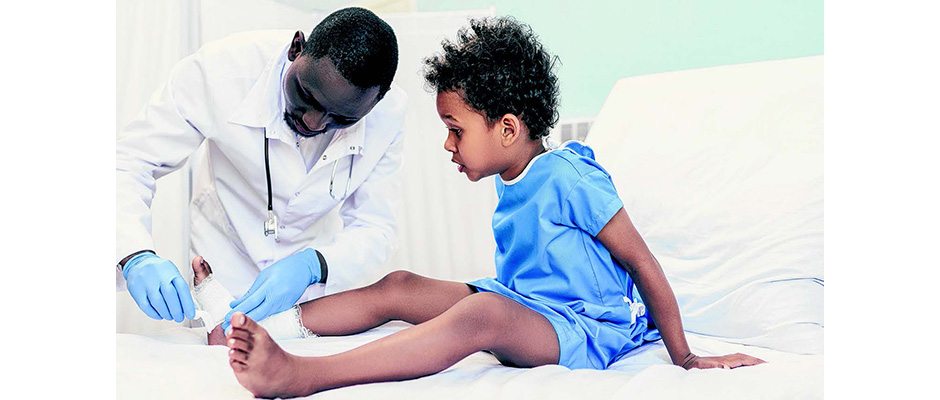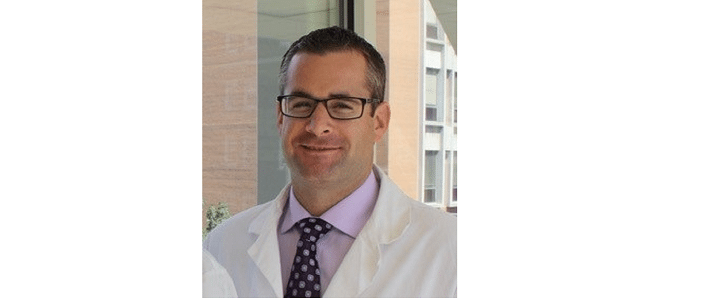
[This piece was written by Richard Altwerger, DPM, Medical Director for The Center for Wound Care & Hyperbaric Medicine at Albany Memorial Hospital.]
According the U.S. Bureau of Vital Statistics, every year 450,000 Americans are burned seriously enough to require medical attention. Burns are a major source of both death and disability. And, in the majority of cases, those burn victims sustained their injuries at home.
How burns are treated depends on their cause, the extent of the burn, the location on the body, and severity. First degree or superficial burns are the least serious and can generally be treated at home. They are identified by pain, redness, minor swelling, do not exceed three inches in diameter, and are not blistering.
When handling a minor burn, it is important to:
- Thoroughly wash hands using antibacterial soap
- Run cool, not cold, water over the wounded area to reduce pain and swelling
- Use a mild soap and water to cleanse the affected area
- Apply an antibiotic ointment if there is no opening of the skin or blistering
- Wrap the affected area loosely with sterile gauze
Immediate emergency medical assistance should be sought for any burn that:
- Covers a large area on the body
- Is on the face or genitals
- Blisters or leaves the skin looking waxy
- Results in numbness of the skin
Also, persons with chronic diseases such as diabetes, heart failure, lymphedema, peripheral artery disease, hypertension or a compromised immune system should be particularly vigilant with burns, as they may find their wounds from a burn are slower to heal.
St. Peter’s Health Partners has wound care centers at Albany Memorial Hospital in Albany and St. Mary’s Hospital in Troy, offering specialized care for patients who suffer from chronic or complex wounds. Our skilled and specially trained staff provide treatment, along with education, support, and the resources each patient needs to maximize self-care and healing.
Our program addresses individual needs with the use of comprehensive and innovative treatment options. We work with emergency-care and primary-care physicians to coordinate interventions for wounds that resist healing, providing treatments that may include dressings and medications; non-invasive evaluation of circulatory status; hyperbaric medicine; grafts; and surgical options.
For information, contact The Center for Wound Care & Hyperbaric Medicine at Albany Memorial Hospital at 518-471-3705 or St. Mary’s Wound and Hyperbaric Center at 518-268-5955.





